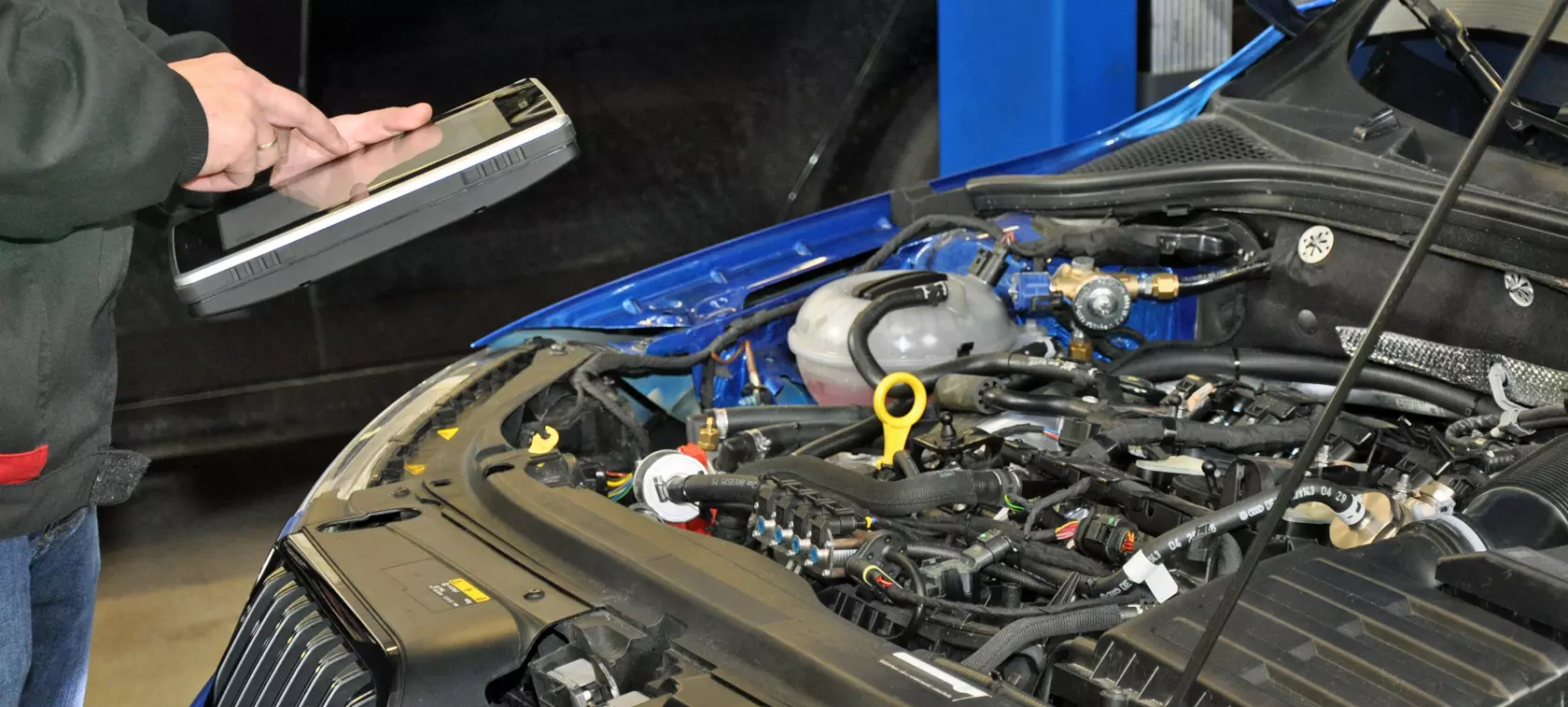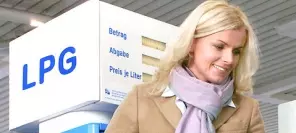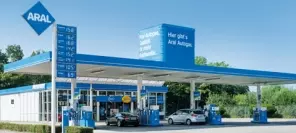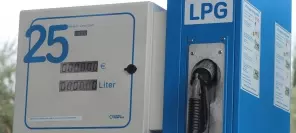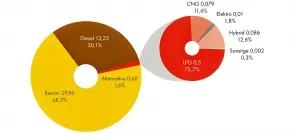- Main page
- Search
- Up to date
- Products
- Technology
- Vehicles
- Video
- Conversion Payback Simulator
Port Injection - Conversion Payback Simulator
Direct Injection - Conversion Payback Simulator
Diesel - Newsletter
Germans change the rules for autogas
 loading results...
loading results...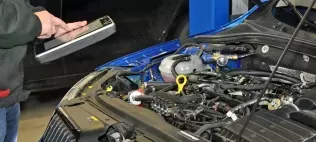 © gazeo.comCars converted outside of Germany may no longer be allowed to be registered in that country. In fact, owners of cars converted in Germany may also face problems...
© gazeo.comCars converted outside of Germany may no longer be allowed to be registered in that country. In fact, owners of cars converted in Germany may also face problems...Until October 1, the only document required for registration of an autogas-converted car was the so-called abgasgutachten, which is a confirmation issued by Dekra Deutschland that a car with an LPG system fitted complies with the same emission standard as it did when it ran on petrol only. Now the only way to register a converted vehicle is to present a UNECE Regulation No. 115-based homologation certificate extract. No exceptions.
While the measure aims at making the German autogas market a better organised and safer one, it generates problems for certain conversion shops in the neighbouring country of Poland. Some of them have excelled in fitting autogas systems particularly for German customers and now they'll have to stop doing it, since they won't be allowed to use components non-compliant with the 115 Regulation anymore.
According to the Merkblatt FZMO 750 directive, cars complying with emission standard Euro 3 and above will only be allowed to be converted to run on autogas if the LPG system's manufacturer has a 115 Regulation certificate. This means a number of producers will be eliminated from the market due to lack of such certification.
What's more, there's no clear strategy or guidelines as to how LPG-powered cars should be registered. The only thing we know is that the rules are changing at the beginning of October, but trainings for installers and importers are not scheduled until mid-November. Meanwhile, certifying bodies have no idea how to interpret Regulation 115-compliant certificates issued outside Germany. It's chaos, which only does harm to the German autogas market. It seems like someone wants to stunt the LPG market in a moment where it could benefit from the Dieselgate scandal.
Sebastian Bartczak, EKO-GAS GmbH
Good to know
The new regulations don't apply to cars complying to Euro 2 emission standards or below or to vehicles imported from outside the EU. These will still be registered based on the abgasgutachten document.
The changes have been controversial for quite some time now. Manufacturers who don't have R115 certificates won't be able to have their systems fitted on cars. Moreover, registration authority offices (Zulassungsstelle) have had doubts as to what exactly to do as well. Some of them refused to register cars converted according to R115 guidelines and certificates, even though the R115 has been allowed in Germany for a long time. Motorists holding proper R115 certificate extracts were being sent back to their installers for the abgasgutachten documents. But once an abgasgutachten is obtained, a costly technical inspection is also required, which left many drivers frustrated and disgruntled.
Also, autogas system manufacturers who invested substantial sums of money into obtaining R115 certificates, were annoyed at the fact that the documents they issue for newly converted vehicles are not accepted by registration officials. Some companies have issued official statements to comment on the newly introduced regulations.
Because of the changing legal regulations regarding the use of R115 certificates in Germany, AC ceases issuing abgasgutachten documents as of October 1, 2017. As of that day, fitting AC products on cars converted in Germany is not legally permitted. AC takes no responsibility for any conversions conducted past that date.
Łukasz Ratuszny, domestic market sales manager, AC
The above described situation is not the first major issue regarding LPG in Germany in 2017. It was unclear what the federal government's fiscal policy concerning autogas beyond the year 2018 will be and it wasn't until mid-2017 that it was announced that autogas will benefir from preferential tax rates for another 4 years.
As far as UNECE Regulation 115 itself is concerned, it was introduced in 2003 and applies to new and used cars complying with Euro 3 emission standard and above. All EU member states are obliged to accept homologation certificates according to that regulation, although in some (including Poland) the R115 is not officially in operation. Requirements of the R115 apply in regards to: safety (all autogas system components must comply with the UNECE Regulation 67R01), engine power (which after conversion must be between 70 and 115% of the original power) and emissions (must not exceed the levels required for the car before conversion). R115 certificates generate significantly higher costs for autogas system manufacturers, since each model must be certified separately.
